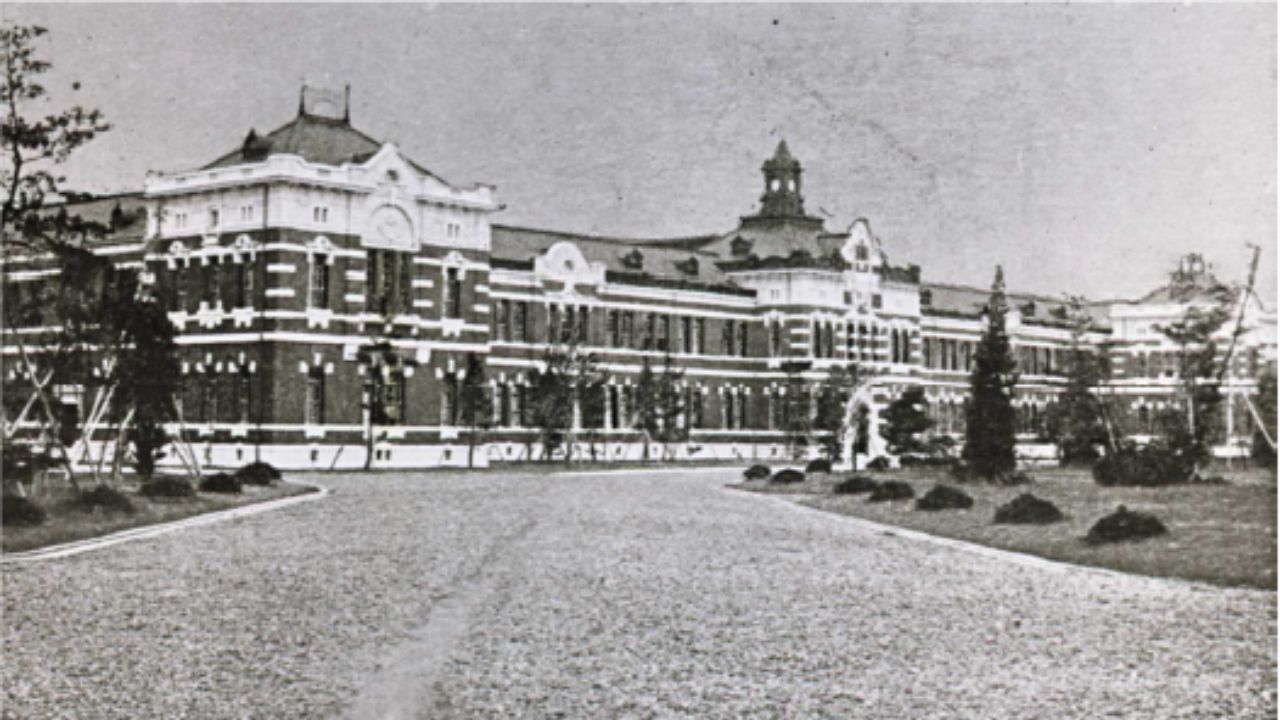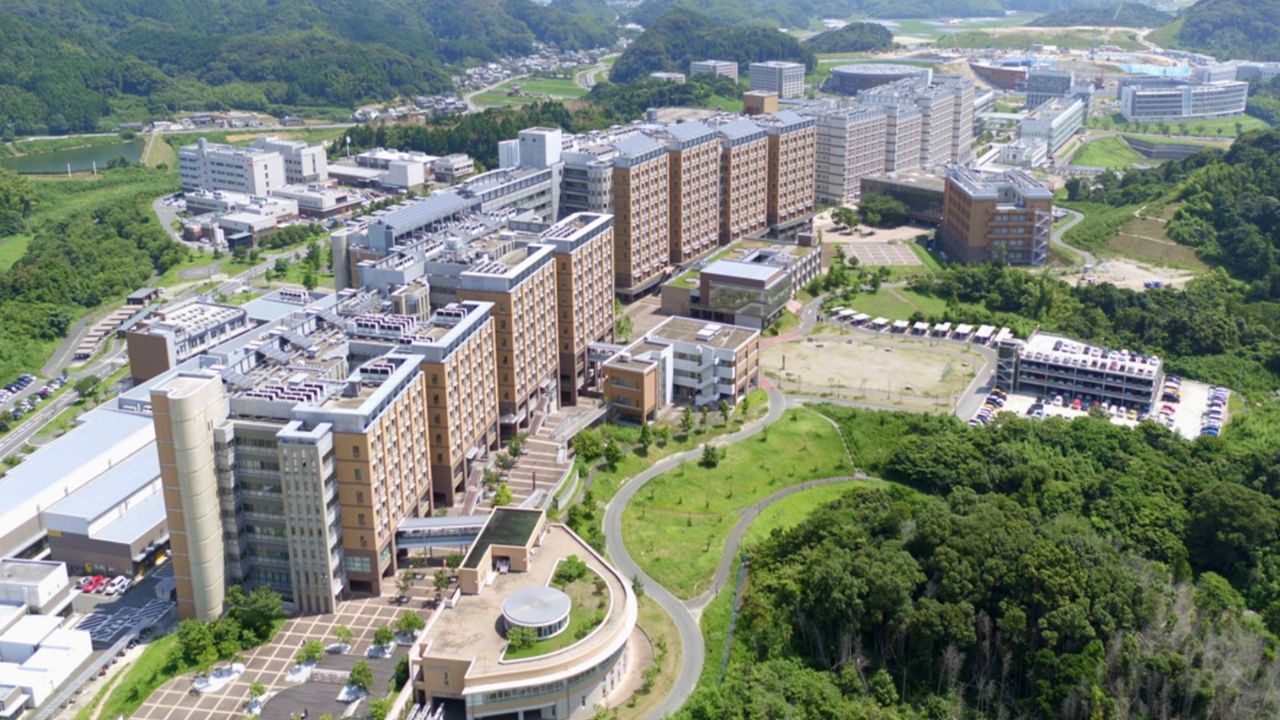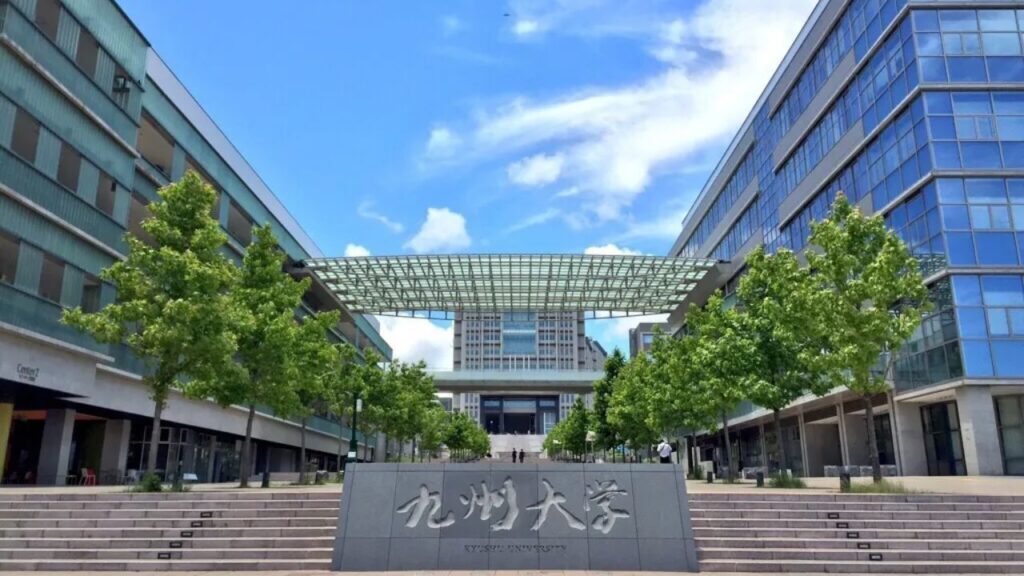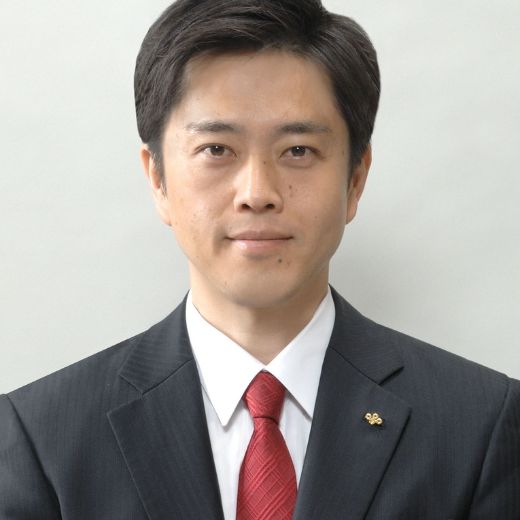
A brief history
Kyushu University, a prominent Japanese national institution located in Fukuoka on the Kyushu island, has its roots tracing back to the medical schools initiated in 1867 within the Fukuoka Domain. Over time, it underwent transformations, being integrated into the Fukuoka Medical College of Kyoto Imperial University in 1903, and later gaining autonomy as Kyushu Imperial University in 1911. The university’s comprehensive structure encompasses 12 undergraduate schools, 18 graduate schools, and a distinguished university hospital. Currently, the institution accommodates a substantial populace of around 20,000 students and boasts a faculty of over 2,000 members. Its extensive presence is spread across Fukuoka, encompassing five primary campuses: Ito, Hakozaki, Hospital, Ohashi, and Chikushi. Notably, Kyushu University holds the 135th position in the QS World University Rankings for the year 2023.
















